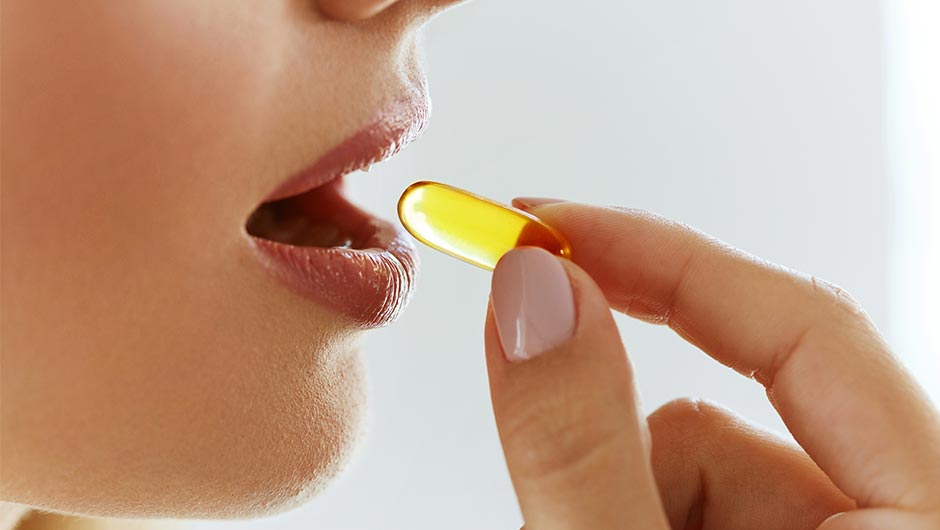The business of supplementation is a growing market. It’s not a surprising fact since there is always a finding on some obscure herb and how it’s able to fix things inside our body with one serving. That and the fact that health buffs and gurus all over the world are racing to be the first one to claim the health benefits of said herb.
Personal agendas aside, we have supplements for just about every facet of our life: melatonin for sleep, whey protein for muscle, hyaluronic acid for eye health, multivitamins for general wellness, and of course all the supplements that say can help with weight loss.
But how do they work?
Well, it depends on what supplements you take.

For instance, most oral supplements all pass through our liver before they are released into the bloodstream. This is the reason why taking too many supplements, or taking those with high potency frequently, is considered harmful for your liver.
Nonetheless, if taken properly, studies have shown nutrients absorbed internally are provided first to the most vital organs including the heart, brain, and even the liver. Despite this efficient approach to nutrient transfer, it largely depends on a lot of factors like what type of supplement or if the supplement is able to be absorbed fast enough without degradation. Brain supplements for instance have to make sure the form of the supplement they have is able to pass through the blood brain barrier before it can do its magic.
It’s not the case for topical supplements, though. The skin usually end up on the short end of the stick when it comes to getting supplemented but the creation of topical supplements have enabled the skin to fully absorb nutrients meant for the skin.
“Our study shows that our formulation of vitamin D3 can safely and effectively be delivered by dermal route reducing the incidence of non-compliance of oral route. Most common routes of administration of vitamin D is either oral or recently invasive injectable route. For any drug large proportions of oral prescriptions are never taken at all. Recent estimates for noncompliance range from study to study with ranges of 62 to 84 percent using electronic monitoring hence we believe that in the young and elderly oral route can be by passed by the use of transdermal route.”
Topical supplements may come in the form of herbs, clays, essential oils and waters. A good example is topical magnesium and vitamin D creams.
While the chemicals in transdermal pharmaceuticals are actively filtered, inactivated, and excreted by the body’s detoxification systems, magnesium and vitamin D are welcomed and actively taken in by the cells.

Eye supplements on the other hand can work either way but the most popular ones are in the form of eye drops. These can be supplements for eye inflammation such as uveitis or for immediate treatment of eye floaters. There are also some eye drops like those that contain hyaluronic acid that work for enhancing lubrication in the eyes. The best thing about eye drops is how they are a direct application on the eyes and won’t have to pass through any of our body’s natural “filtration” systems which means we get close to 100% of what the supplement has to offer.
Takeaway
Taking supplements is almost as common as any other household routine. From fat burners and sleep pills, to skin and eye products, supplementation in some form has become a necessity to optimize health. You may take them orally, topically, or through eye drops in the case of eye supplements.



